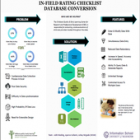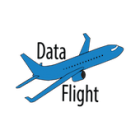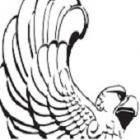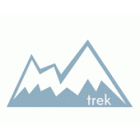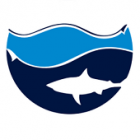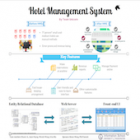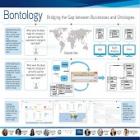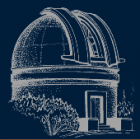Hippo
The Interventional Radiology department at Seattle Children's Hospital currently deals with an inefficient, error prone system to manually transcribe patient appointments from the billing system to a calendar accessible to nurses, Radiology technologists, and doctors in the operating room. We set out to determine how we can improve the scheduling process for interventional radiology procedures at Seattle Children’s Hospital so that staff are able to easily view upcoming procedures within the context of the patient’s protected health information. We designed a scheduling system to fit the needs of clinicians and staff at Seattle Children's Hospital. The application, called Hippo, is built to contain information accessible with a glance, while maintaining customizability to adapt to the hospital's changing needs. Hippo also connects with existing medical applications, such as Epic and Cerner, to automatically import new appointments and reduce transcription errors. Hippo is a browser based application designed to be accessible on desktop, mobile, and large screen devices.

